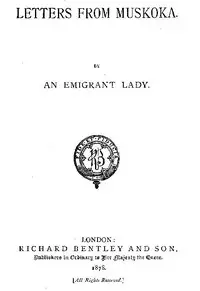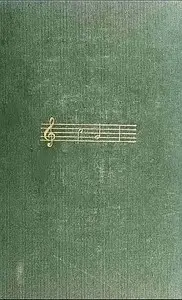"Beethoven's Letters 1790-1826, Volume 2" by Ludwig van Beethoven, is a set of letters from a famous composer offering a sneak peek into his world of music, friendships, and family drama during the early 1800s. Inside, we find letters dealing with topics such as struggles with music publishers, heartfelt advice to a nephew, and complicated relationships with friends and supporters. The letters show how driven he was when it came to making music, his clever personality, and his worries as he battles health problems and stressful family situations. The collection offers a personal look at a talented artist dealing with life's ups and downs while creating some of the world's most loved music.

Beethoven's Letters 1790-1826, Volume 2
By Ludwig van Beethoven
Experience the composer's life through his own words as he shares his triumphs, despairs, and innermost thoughts, revealing a man as passionate about his music as he was troubled by life's challenges.
Summary
About the AuthorLudwig van Beethoven was a German composer and pianist. He is one of the most revered figures in the history of Western music; his works rank among the most performed of the classical music repertoire and span the transition from the Classical period to the Romantic era in classical music. His early period, during which he forged his craft, is typically considered to have lasted until 1802. From 1802 to around 1812, his middle period showed an individual development from the styles of Joseph Haydn and Wolfgang Amadeus Mozart, and is sometimes characterized as heroic. During this time, Beethoven began to grow increasingly deaf. In his late period, from 1812 to 1827, he extended his innovations in musical form and expression.
Ludwig van Beethoven was a German composer and pianist. He is one of the most revered figures in the history of Western music; his works rank among the most performed of the classical music repertoire and span the transition from the Classical period to the Romantic era in classical music. His early period, during which he forged his craft, is typically considered to have lasted until 1802. From 1802 to around 1812, his middle period showed an individual development from the styles of Joseph Haydn and Wolfgang Amadeus Mozart, and is sometimes characterized as heroic. During this time, Beethoven began to grow increasingly deaf. In his late period, from 1812 to 1827, he extended his innovations in musical form and expression.
















